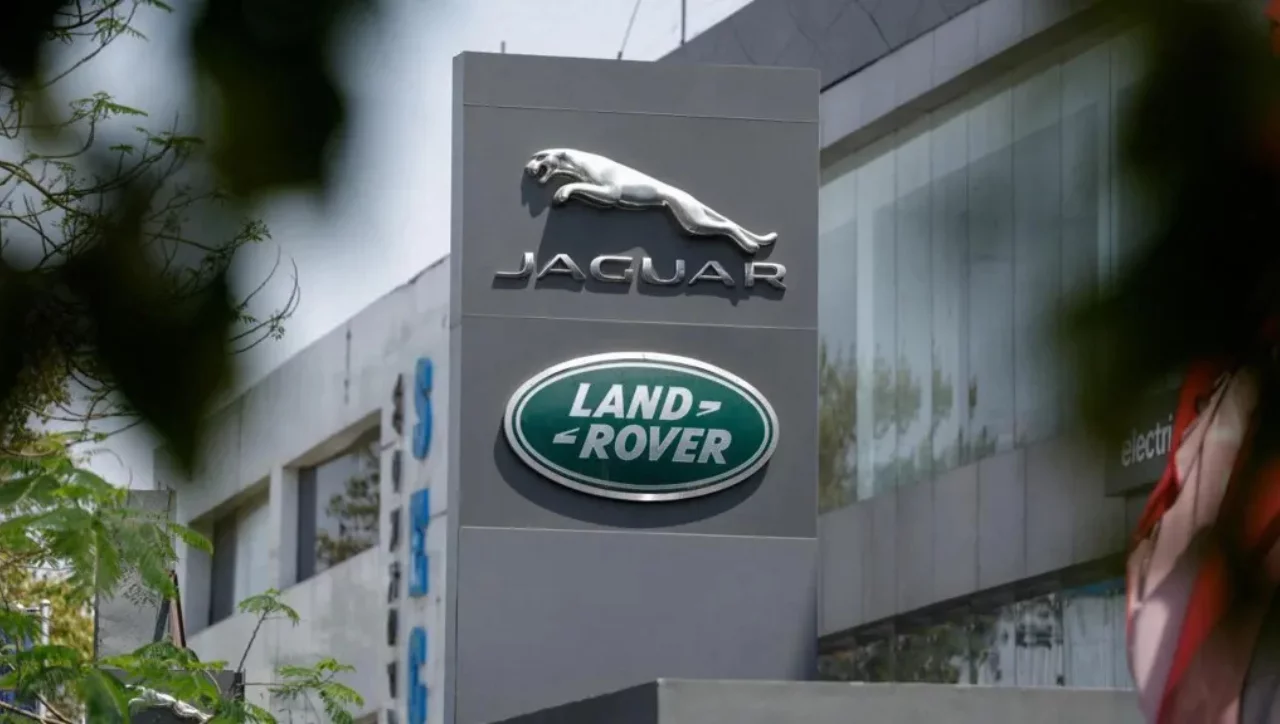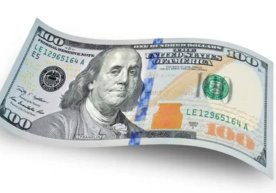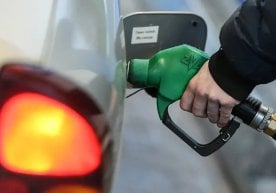Jaguar Land Rover sales fall due to US policy

Jaguar Land Rover (JLR), which holds a unique position in the global automotive industry, has faced serious challenges over the last three months. The British auto concern announced that total sales declined by 15.1% in the April–June 2024 period. This is a significant figure and cannot be attributed to a single factor. U.S. import tariffs, the renewal of the model lineup in the domestic market, and other strategic changes all played key roles in this decline.
According to the company, in April 2024 JLR temporarily stopped exporting vehicles to the United States. This decision followed the administration of U.S. President Donald Trump introducing plans to impose a new 25% tariff on car imports. It should be emphasized that the U.S. market is extremely important for JLR, as every fourth Jaguar or Land Rover is exported there.
After a month-long pause, the UK and the U.S. reached a bilateral deal. Under that agreement, a reduced 10% tariff applies to the first 100,000 UK-built cars imported to the U.S. each year. However, cars beyond this threshold still face a 27.5% tariff. This could significantly affect future trade volumes.
Jaguar Land Rover reported that in the second quarter of 2024 retail sales dropped by 94,420 units, and wholesale sales fell by 10.7%, to 87,286 units. Retail sales in North America dropped by 12.2%. However, the biggest decline occurred in the UK market — wholesale sales there fell by 25%.
One main reason for the decline was the cessation of production of older Jaguar models. At the end of 2023, the company temporarily halted new car sales in the UK, to retool factories for new electric models. The new electric Jaguars are expected to launch in 2026.
As Birmingham Business School professor David Bailey notes, the U.S. market is the second largest export market for the UK automotive industry after the EU. Premium and luxury vehicles are especially in high demand there.
It is also worth noting that JLR’s success in the U.S. depends not only on model quality but also on reliable marketing, a wide service network, and a strong brand reputation. However, tariffs and geopolitical changes can undermine these advantages.
Company management states that despite current challenges, JLR remains committed to its long-term plans. Key priorities include electric vehicle production, implementation of innovative technologies, and strengthening global market positions.
In conclusion, the temporary export halt to the U.S., tariffs, and model renewal reforms negatively impacted JLR’s overall operations. Yet these processes may pave the way for new transformation and technological growth. In a rapidly changing global auto industry, major brands must develop strategic approaches to maintain their success. Read “Zamin” on Telegram!
Ctrl
Enter
Found a mistake?
Select the phrase and press Ctrl+Enter 


















